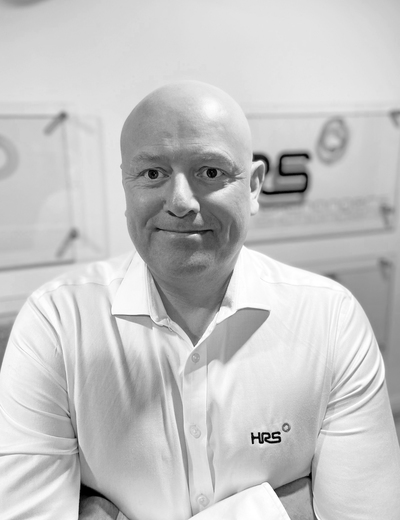Choosing a heat exchanger that fits the bill

HRS Heat Exchangers has released a white paper to help wastewater utilities select the right heat exchanger for maximum productivity. We take a look at the key takeaways.
Fit for purpose
To ensure a heat exchanger is fit for purpose, consider the material being treated, the heating (or cooling) medium and the process involved:
- Is the material in question liquid (dirty or clean water) or semi-solid (sludge)? Is it viscous? What is the extent of the temperature difference required?
- Does the product contain solid particles?
- Is it shear sensitive?
- Will a scraped surface heat exchanger (SSHE) suffice?
- Will well-designed corrugated tubes be enough to prevent fouling?
It is also vital to consider the space available for the heat exchanger, including the connection pipework and fittings.
Total cost
To ensure optimum productivity, it is important to consider the total cost of ownership (TCO) of the heat exchanger, not just the purchase price. The lifecycle cost of a heat exchanger, particularly one used to process difficult materials such as sewage sludges, heavily depends on the costs of cleaning and maintenance. A cheaper design that is more prone to fouling can quickly become more expensive to operate.
The running costs of a heat exchanger have a large effect on its overall financial viability, so energy efficiency is a key consideration.
HRS Heat Exchangers International Sales and Marketing Director Matt Hale explained that HRS Heat Exchangers has developed several features to improve the operational energy efficiency of its tubular and scraped-surface heat exchangers. Such features include the use of corrugated tubes specifically designed for high-fouling sludges, and unique SSHE designs such as the Unicus Series.

Based on traditional shell and tube heat exchangers, the Unicus Series uses a patented stainless steel scraping mechanism that is hydraulically moved back and forth within each interior tube. This movement minimises potential fouling of the product by keeping the tube wall clean and creates turbulence within the material. Both actions help to increase heat transfer rates and together, create a highly efficient heat transfer process ideal for high-fouling viscous materials like sludges.
Maintenance
Selecting a heat exchanger that is not fit for purpose can soon prove costly in terms of maintenance and spare parts.
“HRS have been asked to replace several alternative heat exchanger designs in the wastewater sector when they have become too expensive to clean and maintain,” Hale said.
“All HRS heat exchangers are designed to make cleaning and maintenance as easy and flexible as possible, while their clever design reduces cleaning and maintenance intervals. The fact that HRS equipment can be remotely monitored also makes it easier to anticipate problems, enabling predictive maintenance. Being able to quickly identify issues helps to keep efficiency high and provides more time to plan for maintenance, resulting in less downtime for operators.”
Check for hidden costs
Overall installation costs should be factored into purchasing decisions, such as the need for ancillary equipment when fitting the heat exchanger.
Design should be considered in terms of overall footprint and whether the product can be skid or frame mounted, reducing the need for significant support infrastructure.
“Whatever solution you choose, make sure to consider its energy efficiency, maintenance requirements and the costs of any ancillary equipment before signing on the dotted line,” Hale said.
“Put simply, specifying the wrong heat exchanger could decrease your productivity — choosing the right heat exchanger will almost certainly increase it.”
A matter of influence: getting over the 'ick' with recycled water
New research shows how social media influencers could help to overcome the resistance to...
Researchers trial magnetic resin to remove PFAS
A magnetic resin invented at The University of Queensland will be trialled at wastewater...
A sustainable approach to increase wastewater recycling
Flinders University research is investigating improved effluent treatment and biosolids removal...








